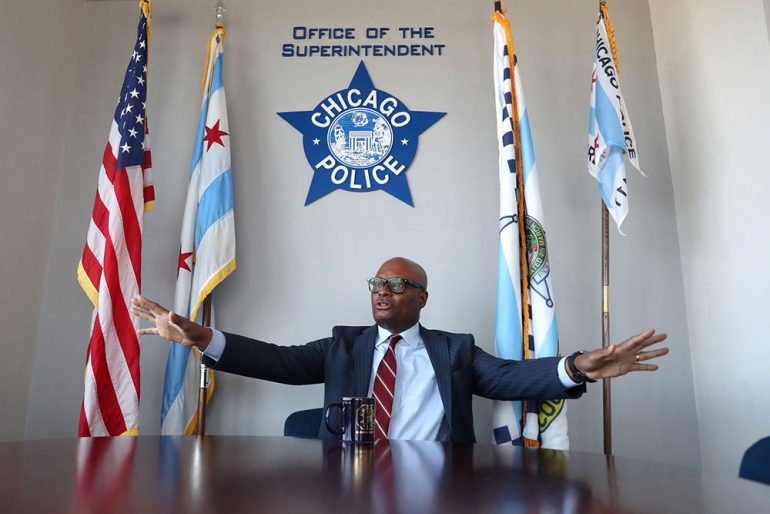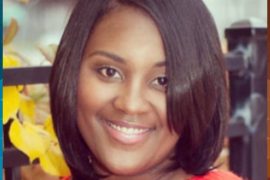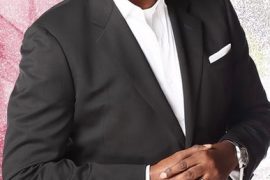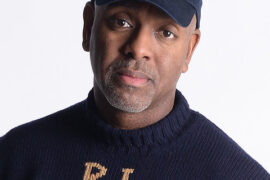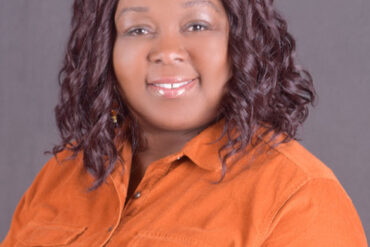David O’Neal Brown is Chicago’s newest Superintendent of the Chicago Police Department. Brown was the chief of the Dallas Police Department from 2010 to 2016. He has been widely praised for his reforms designed to reduce violent confrontations between police officers and community and his ability to increase the department’s accountability and transparency.
A graduate of the University of Texas at Austin, Brown earned a Bachelor of Science from Dallas Baptist University in 1999, and a MBA from Amberton University in 2001. He’s a graduate of the FBI National Academy and FBI National Executive Institute and the United States Secret Service dignitary protection seminar. He is certified by the State of Texas as a master peace officer and a police instructor.
The New York Times reported that Brown has earned a national reputation as a progressive leader whose top priority is improving relations and reducing distrust between the police department and the city’s minority residents. According to published reporting, he also has a reputation as “tough boss.”
On April 2, 2020 Brown was nominated to be the Superintendent of the Chicago Police Department by Chicago Mayor Lori Lightfoot. He took over as acting Superintendent, after his predecessor Charlie Beck, who held the position on an interim basis after the dismissal of Eddie T. Johnson, stepped down.
Brown is married to former Dallas police sergeant Cedonia Brown.

N’DIGO welcomed Superintendent Brown to our offices to candidly discuss how he intends to stop the violence in Chicago, how he deals with racism, and should the police be in Chicago schools.
N’DIGO: You were retired from the Dallas, Texas police force, why did you want the job of Police Superintendent in Chicago?
David Brown: For some strange reason, I feel a significant connection with Chicago, particularly the Black community. I have no relatives and no friends here but have admired Chicago from afar for a while. I’m intrigued by what could be done to help the south and west sides of Chicago and make them safer than they are.
What are your initial impressions of Chicago?
It’s a very good example of an urban center, with the same challenges that every urban center faces. Yet it provides experiences reflective of the social-economic demographics.
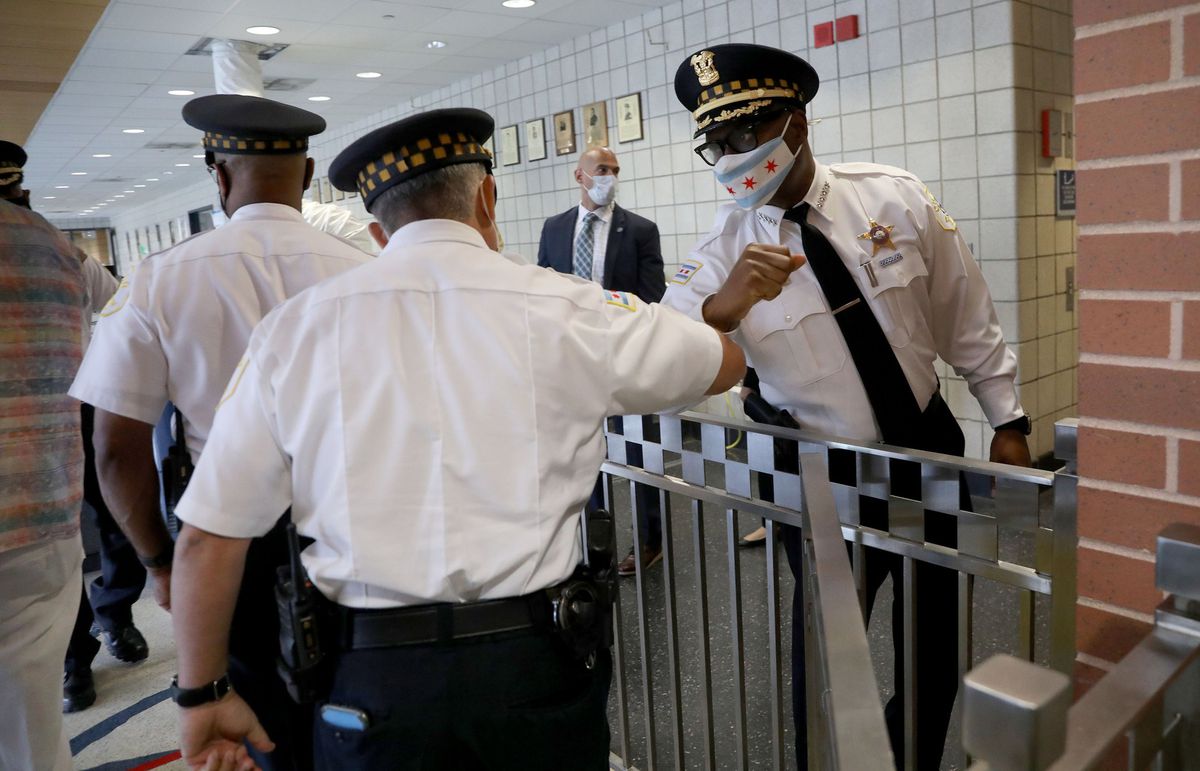
How do you stop the violence?
It’s complex. There is not just one solution. But policing has a big role in stopping the violence.
What are you doing in short order to solve the out of control crime problems in Chicago?
It is not a short order, it’s a seven-course meal. Gang culture, drug market, and guns are real issues here. Chicago has a real criminal network enterprise and they kill each other over a lucrative drug market. The drug market here is a business representing millions of dollars.
One strategy to control the crime here is to investigate conspiracy with significant federal consequences. That will slow down the violence. Secondly, and more prominent is we have to gain community trust. We need the trust of the communities to solve the crime. People don’t tell who shot John or give witnesses because they don’t trust. People need to trust the police and not stereotype all cops as bad.
Trust is important. People have to come forward. The best age to begin that trust is 10 years-old. A program needs to be created on interacting with young people. People pay attention to what you do with their children. It shows care and concern. Athlete programs, policing in arts, re-imagination of the CAP program, and other pilot programs are some of the programs I want to initiate. The arts transform minds.
Did you have similar problems in Dallas, Texas?
Yes. The arts program was very successful. Not sports. Arts capture the kids with the police. I have promoted new leadership and given direction to new leaders to help engage young people. The opportunity here is to engage young people and encourage better decision making in their lives. This is why I took this job.
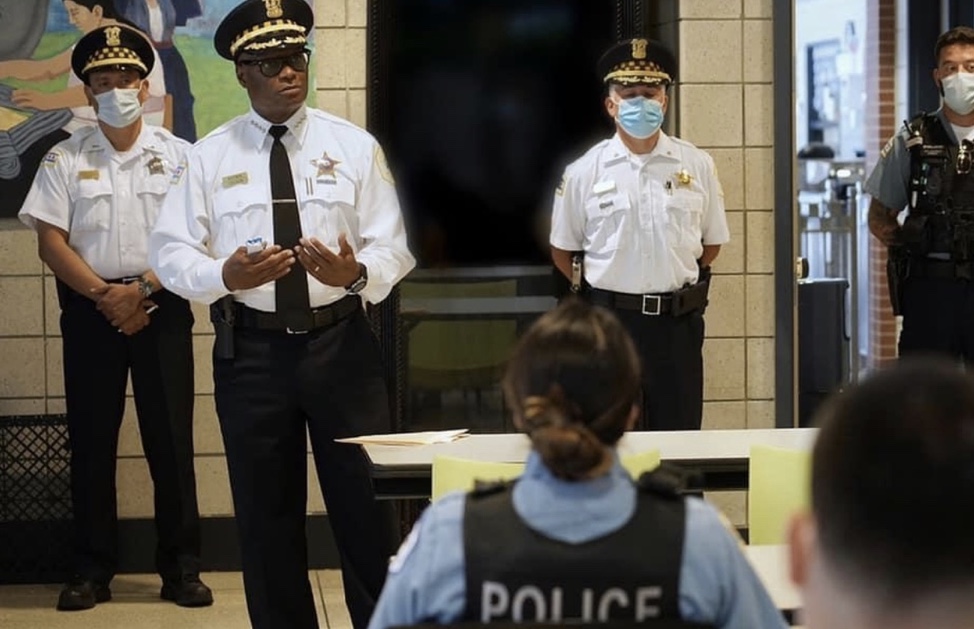
You talk a lot about community policing, please describe it?
The interaction created through programs with people in the community that provides positive interaction that leads to trust is the core of community policing. We had a program in Dallas, “_Chief on The Beat_.” We surveyed 100 people in a community/neighborhood with high crime.
The survey asked questions, for example, were “_Do you trust the cops?_” “_Does the police provide you with a level of trust?_” “_As a young person what is your interest?”_.
From the survey findings, we developed an event with social service offerings. They received information on how to file a complaint, where to find/get social services, how to report a policeman, how to fill a prescription, and how to be reimbursed for seniors. We had a Saturday event for the kids with food. The schools provided entertainment. We had a DJ. I would attend the events in these neighborhoods. The young children loved the Marvel comic characters, so we had the policeman dressed as _Superman_, _Spider-Man_, and _Black Panther_ characters following the _Comic-Com_ convention. We are going to do such an event on the south and west sides of Chicago.
What are you doing to learn Chicago and all of its intricacies?
I am a curious person and this is not my first visit to Chicago. I have visited here for the past decade for shopping and tourism. Now I want to learn the various neighborhoods. I am visiting a lot of neighborhoods. I recognize Chicago as a segregated city and was a bit surprise by it.
What has influenced you most in life?
My mother. I am a mama’s boy. She is 80 now and she has shaped me as a man, more than anything. I believe in women leadership. When I left the Dallas police department, half of my leadership team were women. My mother was often the first woman in her jobs. I saw her cry at home from the sexism she experienced in most of her jobs.
How do you take the racism out of the police department?
Don’t accept it. This is my personal view. I won’t play the race card, but if you treat me differently because of my race, I will show you a trick. I am not having it. I am comfortable in my own skin.
How do you stop the white policemen from killing Black young males?
The moral of policing is important and it doesn’t get talked about enough. The best message for policing is to be humble, be human, and use your discretion and that will speak to racism in all of its flavors.

What do you hope to achieve here in Chicago as police superintendent?
My goal is to make Chicago the safest city in the country with the lowest murders and shootings on record.
If you had your way, what top three things would you add to the police department, that doesn’t exist?
More women in top leadership, a reformed department from top to bottom, and diversity representative fo the diversity in the city.
You have had a couple of tragic incidents with violence with your partner and son, what advice do you give to others to cope with these incidents?
Grieving has a healthy process – don’t skip any steps. Go through the anger, depression, the pain, and the purpose.
How do you feel about policemen in the schools?
We ought to provide whatever policing the school district leaders want and nothing more. We should not criminalize school misconducts ever. The school councils should make the decision for public safety. We should be careful not to criminalize non-criminal behavior. The fight on the schoolyard grounds is not a police matter. Just break it up.
You mentioned in a recent press conference there were 157,000 gangs in Chicago. Is there a gang unit in the police department to address this issue?
There are 55 different gangs in the city of Chicago and of those gangs, 2500 different factions derived gangs. We have a gang problem in Chicago and its not new. We have gang enforcement officers and gang investigators. There is a gang unit for each district. Gang enforcement officers and gang investors are assigned and there is a centralized gang unit.


